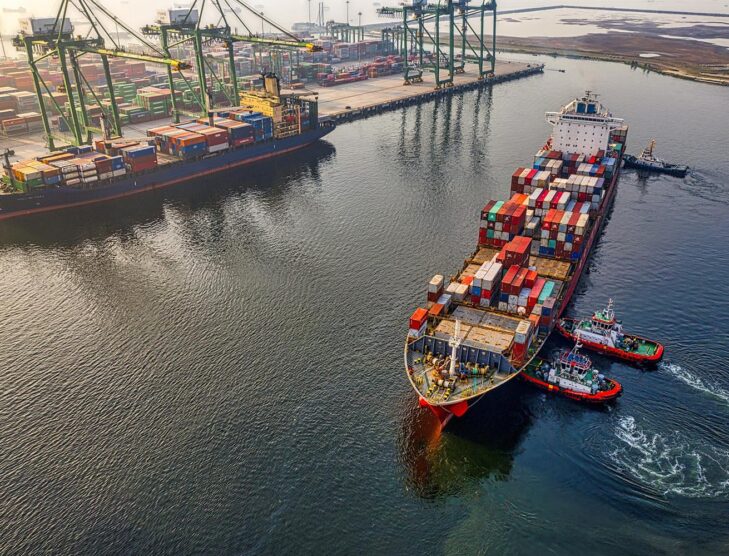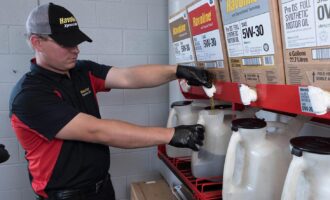
IMO sub-committee agrees on draft guidelines for LPG use
A sub-committee of the International Maritime Organization (IMO) has agreed on the draft Interim Guidelines for the safety of ships using liquefied petroleum gas (LPG) and the associated draft MSC circular, for submission to MSC 107. The Maritime Safety Committee or MSC is the highest technical body of the IMO. The MSC, as well as the Marine Environment Protection Committee (MEPC), are assisted in their work by a number of sub-committees. The 8th session of the IMO’s Sub-Committee on Carriage of Cargoes and Containers (CCC 8) was held last week from September 14-23, 2022.
The basic philosophy of these Interim Guidelines is to provide provisions for the arrangement, installation, control and monitoring of machinery, equipment and systems using LPG as fuel to minimize the risk to the ship, its crew and the environment, having regard to the nature of the fuels involved.
The sub-committee invited interested member states and international organizations to develop guidance for LPG bunkering to assist crews, bunker suppliers and ports in delivering LPG fuel to ships.
The sub-committee also continued its work on the safety provisions related to fuels other than fuel oil and low flashpoint fuel. This work is part of the important work being carried out by the sub-committee in the context of shipping’s need for new fuels and propulsion systems to meet decarbonisation ambitions set out in the Initial IMO GHG Strategy.
Matters related to newer types of fuel are considered under the agenda item on the International Code of Safety for Ships using Gases or other Low-flashpoint Fuels (IGF Code). The IGF Code, which entered into force in 2017, aims to minimize the risk to ships, their crews and the environment, given the nature of the fuels involved. It has initially focused on liquefied natural gas (LNG), but work is now underway to consider other relevant fuel types.
Interim guidelines for the safety of ships using methyl/ethyl alcohol as fuel have already been developed by the sub-committee and were approved by the MSC in 2020 (MSC.1/Circ.1621). Interim guidelines for ships using fuel cells were adopted by MSC 105 in April 2022 (MSC.1/Circ.1647).
Draft interim guidelines for ships using hydrogen and ammonia as fuel and low flashpoint fuels
A working group at the sub-committee further developed draft interim guidelines for ships using hydrogen as fuel and initiated discussion on the development of interim guidelines for the safety of ships using ammonia as fuel. The two sets of draft guidelines will be further developed in a correspondence group reporting to the next session of the sub-committee.
Correspondence group re-established
The intersessional Correspondence Group on Development of technical provisions for safety of ships using alternative fuels was re-established, to:
- further develop the draft interim guidelines for ships using hydrogen as fuel;
- develop Interim Guidelines for the use of oil fuels with a flashpoint between 52°C and 60°C, covering oil-based fossil fuels, synthetic fuels, biofuels and any mixture thereof;
- develop Interim Guidelines for the safety of ships using ammonia as fuel.
The correspondence group will report back to the Sub-Committee on Carriage of Cargoes and Containers, 9th session (CCC 9) in 2023. The aim is to finalize the draft interim guidelines for ships using hydrogen at that session. For ammonia, the development is ongoing, and it is expected that CCC 9 will further develop/finalize those guidelines.









